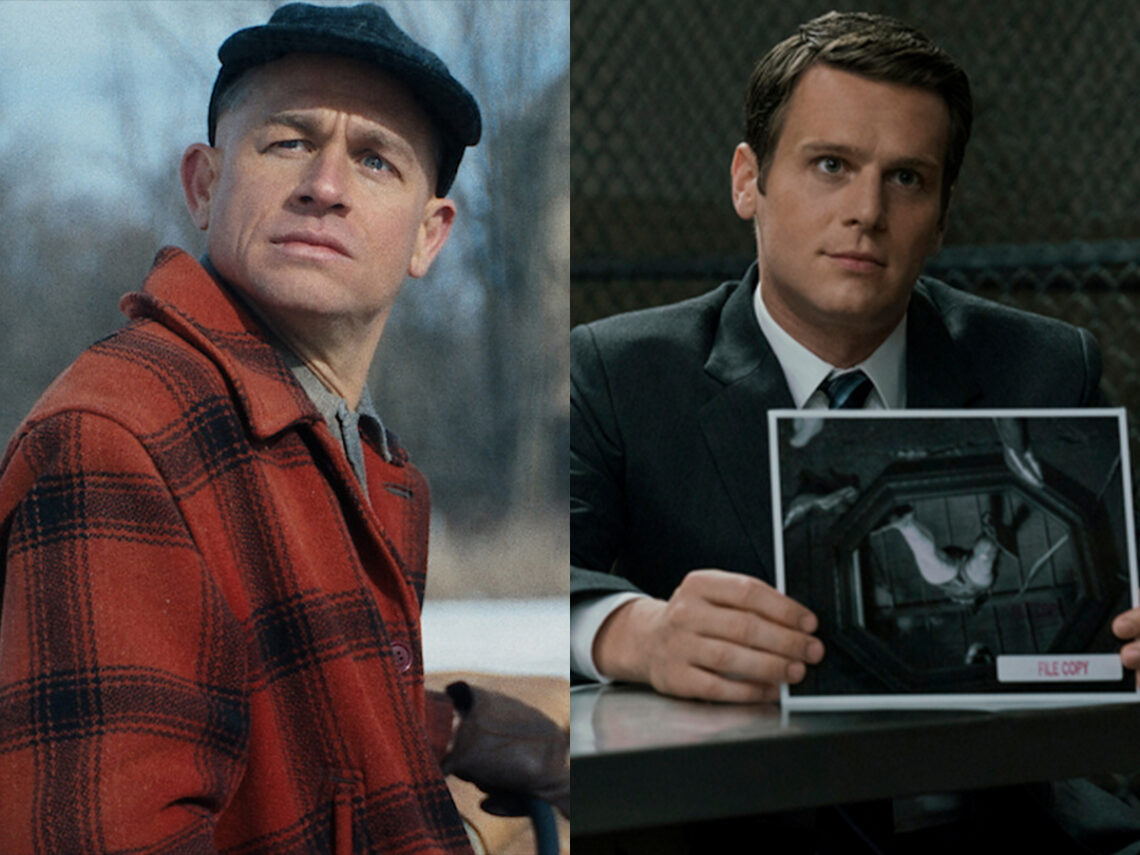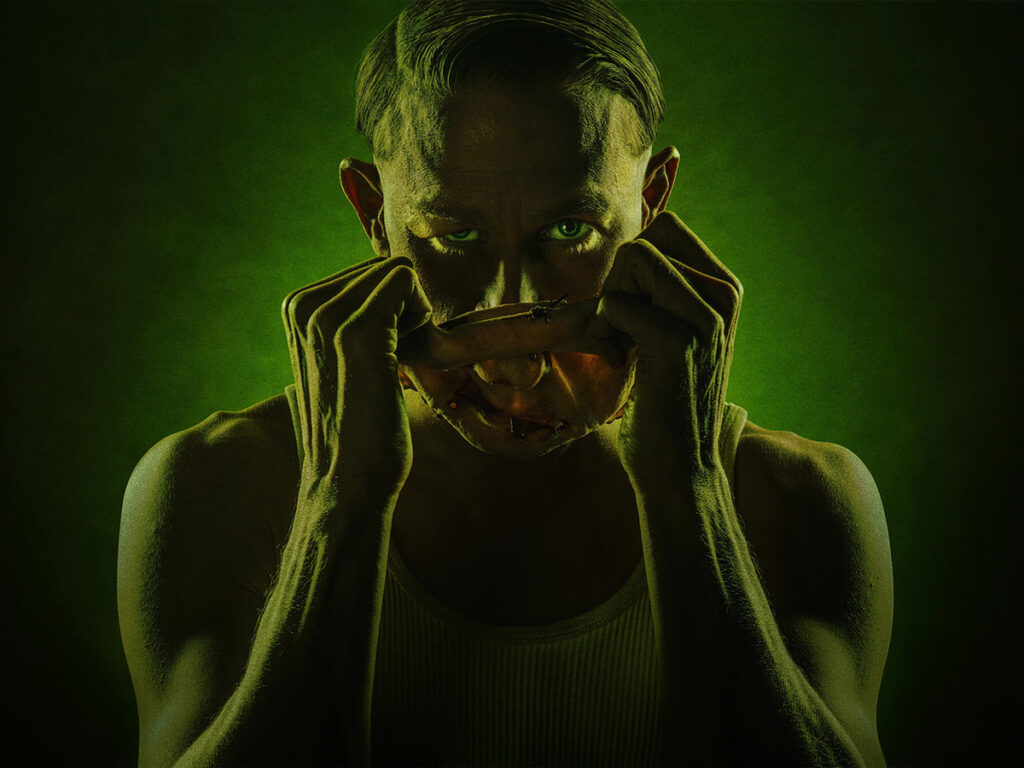
Explained: Why ‘Mindhunter’ never included Ed Gein
So, you’ve just finished Monster: The Ed Gein Story and can’t stop thinking, “Wait, why wasn’t this guy ever in Mindhunter?” If that’s the case, you’re not wrong. Netflix’s Mindhunter gave us almost every famous serial killer you can think of.
Edmund Kemper, Jerry Brudos, and Charles Manson – all of them showed up. But no Ed Gein? The man who practically built the blueprint for Hollywood horror? Turns out, there’s a reason for that, and it actually makes total sense.
It is indeed a strange omission when you think about it. Gein’s name comes up in every true-crime discussion, every horror documentary, every “inspired by real events” film. His gruesome crimes in the 1950s didn’t just terrify America; they shaped the way pop culture would imagine monsters for decades. From Norman Bates in Psycho to Leatherface in The Texas Chainsaw Massacre, his influence is everywhere, which makes his absence in Mindhunter all the more curious.
And let’s be honest, Mindhunter seemed like the perfect place for him. The show was obsessed with the psychology of killers. It made you understand how they think, what drives them, what patterns hide behind their violence. Ed Gein, with his precise mix of delusion, isolation, and horror, feels like he should’ve been the FBI’s case zero. But that’s exactly the thing: he wasn’t.
Because while Monster dives into Gein’s crimes headfirst, Mindhunter was never about reenactment. It followed real conversations the FBI had with real killers, and Gein wasn’t one of them. His story existed before profiling began, before the Bureau even had a name for people like him.

Why Mindhunter Left Ed Gein Out
So here is the thing: Mindhunter is based on real FBI work from the late 1970s. The whole show follows the early days of criminal profiling when FBI agents like John Douglas and Robert Ressler started interviewing serial killers in prison to figure out how they think. Every interview in the show is pulled from real life. No exaggeration.
But Ed Gein’s crimes happened way before all that. He was caught in 1957, which is two whole decades before Mindhunter’s timeline. By the time Douglas and his team started their research, Gein was already locked away in a psychiatric hospital. He wasn’t in prison; he was institutionalised for being legally insane. So even if the FBI wanted to talk to him, they couldn’t. The guy was too far gone for a proper interview.
John Douglas, who was the real-life inspiration for Holden Ford, did meet him once, briefly. But he later said it barely counted as an interview. Gein was so disconnected from reality that Douglas couldn’t really get anything out of him. That’s why Mindhunter never showed him. The show prided itself on sticking close to the real FBI case files, and Gein just wasn’t one of them. Including him would’ve meant rewriting history, and Mindhunter was too precise for that.
Still, Gein’s shadow kind of hangs over the whole series. Douglas was completely fascinated by him. In fact, he even used his FBI clearance years later to dig into old crime-scene photos that had been sealed since the 1950s. Imagine that: a clerk literally breaking a wax seal so Douglas could see what had been hidden for decades. That’s how deep Gein’s story stuck with him.
And a fun fact, that same obsession is what eventually linked Gein to The Silence of the Lambs. Thomas Harris, the author, once attended one of Douglas’s FBI lectures where he talked about Gein’s psychology. Harris used what he learnt to write his own terrifying characters: Buffalo Bill was partly based on Gein, and Jack Crawford (the senior agent) was based on Douglas himself. So in a weird way, Gein is connected to Mindhunter. Just not directly.
But honestly, it fits. Mindhunter was about patterns, not spectacle. It studied behaviour like why people kill, what drives them, and how to predict the next one. And Gein, as horrifying as he was, didn’t really fit that mould. His crimes came from psychosis, not the kind of methodical evil the FBI was studying.
So yeah, that’s why Ed Gein never showed up. Not because the writers forgot him, but because Mindhunter stayed true to the real timeline.